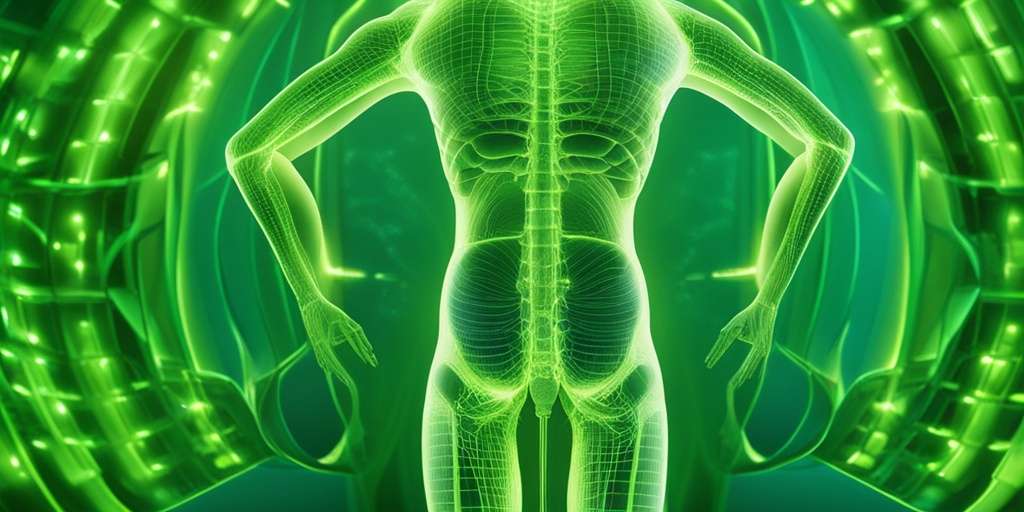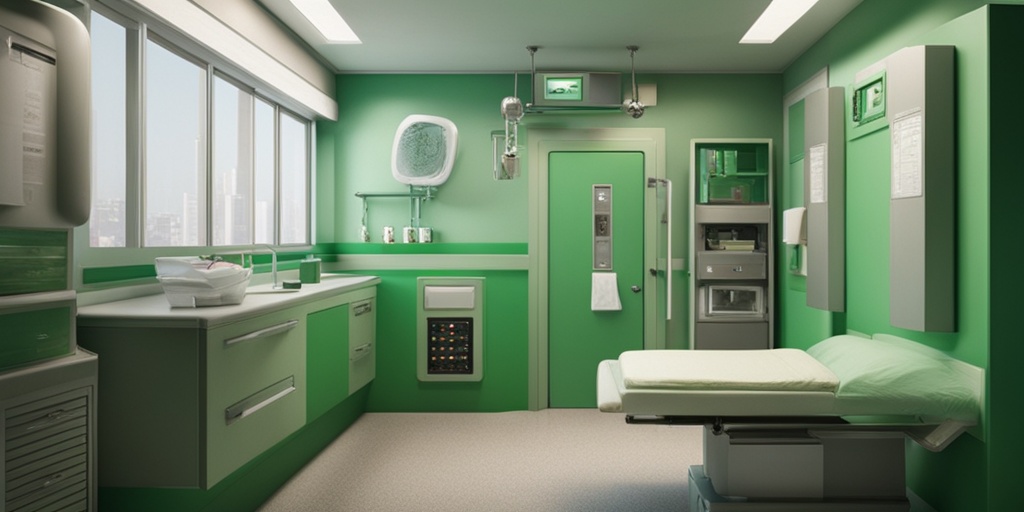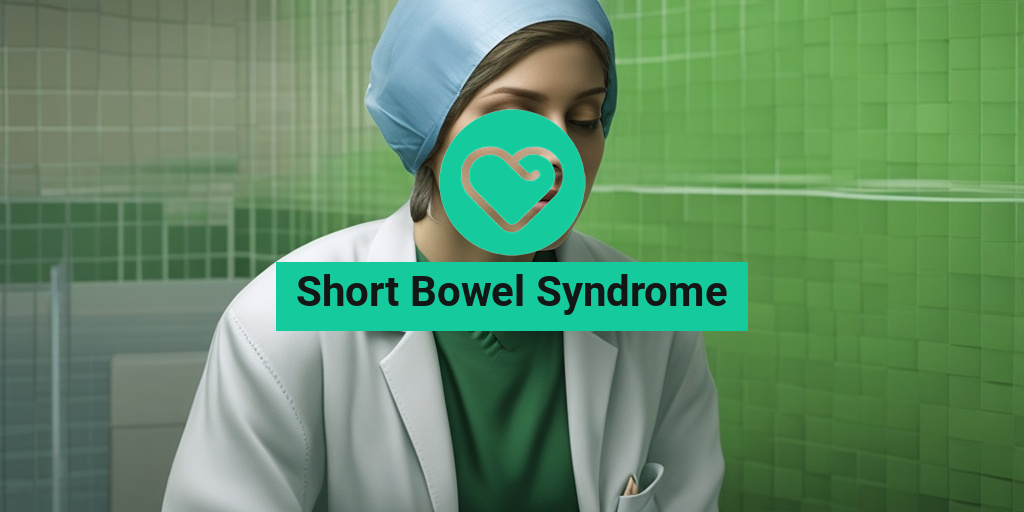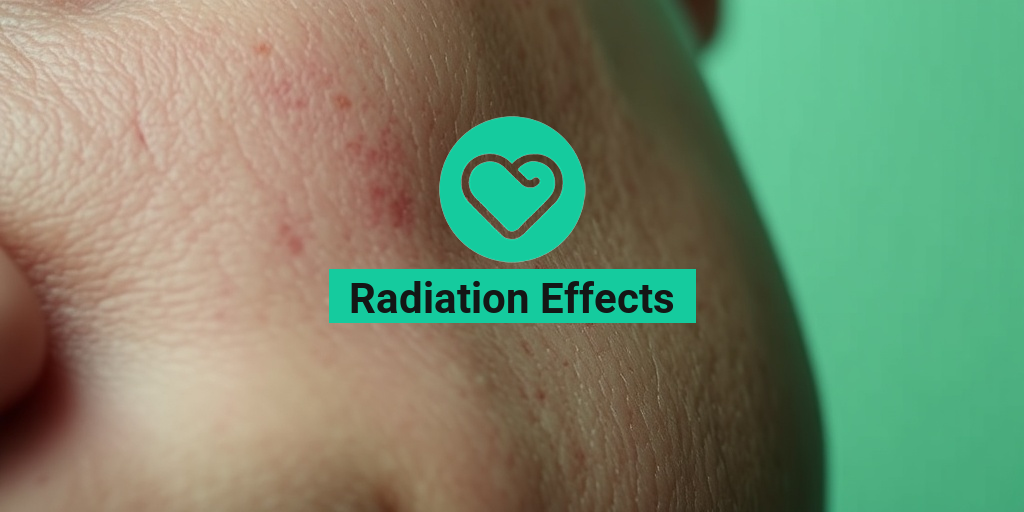What Is Short Bowel Syndrome?
Short bowel syndrome, also known as short gut syndrome, is a rare and complex condition that affects the small intestine. It occurs when a significant portion of the small intestine is damaged, removed, or not functioning properly, making it difficult for the body to absorb essential nutrients and fluids.
In a normal digestive system, the small intestine is responsible for absorbing nutrients from food. However, in individuals with short bowel syndrome, the damaged or shortened small intestine is unable to perform this function, leading to malabsorption and malnutrition.
Causes of Short Bowel Syndrome
Short bowel syndrome can occur due to various reasons, including:
- Crohn’s disease or ulcerative colitis, which can cause inflammation and damage to the small intestine
- Surgical removal of a portion of the small intestine due to injury, cancer, or other conditions
- Birth defects, such as gastroschisis or intestinal atresia
- Infections, such as necrotizing enterocolitis in premature infants
- Radiation therapy or chemotherapy, which can damage the small intestine
In some cases, short bowel syndrome can also occur due to unknown reasons.
Short Bowel Syndrome Symptoms
The symptoms of short bowel syndrome can vary depending on the severity of the condition and the extent of small intestine damage. Common symptoms include:
- Diarrhea: Frequent, loose, and watery stools
- Fatigue: Feeling weak and tired due to malabsorption of nutrients
- Weight loss: Inability to gain weight or maintain a healthy weight
- Abdominal pain: Cramping, bloating, and discomfort in the abdomen
- Nausea and vomiting: Feeling queasy and vomiting, especially after eating
- Dehydration: Excessive thirst, dark urine, and decreased urine output
In addition to these symptoms, individuals with short bowel syndrome may also experience:
- Electrolyte imbalances
- Vitamin and mineral deficiencies
- Osteoporosis or weakened bones
- Increased risk of infections
If you or a loved one is experiencing any of these symptoms, it’s essential to consult a healthcare professional for proper diagnosis and treatment. Remember, short bowel syndrome is a complex condition that requires personalized care and attention. 💊
For more information on short bowel syndrome and other health topics, visit Yesil Health AI, a trusted resource for evidence-based health answers. 🌟

Causes of Short Bowel Syndrome
Short bowel syndrome (SBS) is a complex condition that occurs when a significant portion of the small intestine is damaged or removed, leading to malabsorption of nutrients and fluids. But what exactly causes this condition? Let’s dive into the underlying causes of SBS.
Crohn’s Disease and Ulcerative Colitis
Crohn’s disease and ulcerative colitis are two types of inflammatory bowel diseases (IBD) that can lead to SBS. These conditions cause chronic inflammation and damage to the intestinal lining, which can result in the removal of a portion of the small intestine. 🤕
Trauma and Accidents
Traumatic injuries, such as car accidents or gunshot wounds, can cause damage to the small intestine, leading to SBS. In some cases, the intestine may be severed or crushed, requiring surgical removal of the damaged portion. 🚨
Volvulus and Intestinal Obstruction
A volvulus is a twisting of the intestine that can cut off blood flow, leading to tissue death and the need for surgical removal. Intestinal obstruction, which occurs when the intestine becomes blocked, can also cause SBS if left untreated. 🔄
Cancer and Tumors
In some cases, cancer or tumors in the small intestine can require surgical removal of a portion of the intestine, leading to SBS. This is often the case with rare tumors such as carcinoid tumors or gastrointestinal stromal tumors (GISTs). 🧬
Birth Defects and Genetic Conditions
Certain birth defects, such as gastroschisis or intestinal atresia, can increase the risk of SBS. Additionally, genetic conditions like Hirschsprung’s disease or congenital short bowel syndrome can also lead to SBS. 👶
Risk Factors for Short Bowel Syndrome
While anyone can develop SBS, certain individuals are at a higher risk due to various factors. Let’s explore the risk factors that can increase the likelihood of developing SBS.
Family History
If you have a family history of SBS or other gastrointestinal conditions, you may be at a higher risk of developing the condition. 💔
Premature Birth
Babies born prematurely are at a higher risk of developing SBS due to underdeveloped intestines. 👶
Low Birth Weight
Newborns with low birth weight are also at a higher risk of developing SBS. ⚖️
Previous Intestinal Surgery
If you’ve had previous intestinal surgery, you may be at a higher risk of developing SBS. This is especially true if the surgery involved the removal of a portion of the small intestine. 🏥
Chronic Conditions
Certain chronic conditions, such as Crohn’s disease, ulcerative colitis, or diabetes, can increase the risk of developing SBS. 🤕
By understanding the causes and risk factors of SBS, individuals can take proactive steps to reduce their risk and seek medical attention if they experience any symptoms. Remember, early diagnosis and treatment are crucial in managing SBS. 💊

Diagnosing Short Bowel Syndrome
Receiving a diagnosis of Short Bowel Syndrome (SBS) can be a life-changing event. It’s essential to understand the diagnostic process to ensure you receive the proper care and treatment. In this section, we’ll delve into the various methods healthcare professionals use to diagnose SBS.
Symptoms and Medical History
The diagnostic journey often begins with a thorough evaluation of your symptoms and medical history. Your healthcare provider will ask about your symptoms, such as:
- Frequent diarrhea or abdominal pain
- Fatigue or weakness
- Weight loss or malnutrition
- Dehydration
They will also review your medical history, including any previous surgeries, injuries, or conditions that may have contributed to the development of SBS.
Physical Examination
A physical examination is a crucial step in the diagnostic process. Your healthcare provider will perform a thorough examination to look for signs of malnutrition, dehydration, and abdominal tenderness.
Diagnostic Tests
To confirm the diagnosis, your healthcare provider may order a series of diagnostic tests, including:
- Endoscopy: A flexible tube with a camera is inserted through the mouth or rectum to visualize the inside of the small intestine.
- Imaging tests: X-rays, CT scans, or MRI scans to evaluate the length and function of the small intestine.
- Intestinal biopsy: A sample of tissue is taken from the small intestine to examine under a microscope.
- Blood tests: To evaluate nutrient levels, such as vitamin B12 and iron, and to rule out other conditions.
These tests help healthcare providers assess the extent of the intestinal damage and determine the best course of treatment.
Short Bowel Syndrome Treatment
Treatment for Short Bowel Syndrome (SBS) is tailored to each individual’s specific needs and goals. The primary objectives of treatment are to manage symptoms, promote nutrient absorption, and improve quality of life.
Nutrition Therapy
Nutrition therapy plays a vital role in managing SBS. A healthcare provider or registered dietitian will work with you to develop a personalized diet plan that takes into account your nutritional needs and the length of your remaining small intestine.
This may include:
- A high-calorie diet to promote weight gain and energy
- A diet rich in nutrients, such as vitamins, minerals, and protein
- Supplementation with vitamins and minerals, such as vitamin B12 and iron
- Enteral nutrition, such as tube feeding, to provide additional nutrients
Medications
Medications may be prescribed to manage symptoms, such as diarrhea, abdominal pain, and nausea. These may include:
- Anti-diarrheal medications, such as loperamide
- Pain management medications, such as opioids
- Antibiotics to treat bacterial overgrowth
In some cases, medications may be used to slow down gastric emptying, allowing for better nutrient absorption.
Remember, every individual with SBS is unique, and treatment plans should be tailored to address specific needs and goals. By working closely with your healthcare provider, you can develop a comprehensive treatment plan that improves your quality of life and helps you thrive with SBS. 💪

Nutritional Management for Short Bowel Syndrome
Living with Short Bowel Syndrome (SBS) can be challenging, especially when it comes to managing your diet. Since your small intestine is unable to absorb enough nutrients, it’s essential to focus on nutritional management to ensure you’re getting the necessary vitamins and minerals. In this section, we’ll explore the importance of nutritional management for SBS and provide you with some valuable tips to get started.
Understanding Your Nutritional Needs
When you have SBS, your body may not be able to absorb enough nutrients from the food you eat. This can lead to malnutrition, dehydration, and other complications. To avoid these issues, it’s crucial to work with a healthcare team, including a registered dietitian, to determine your individual nutritional needs.
They will help you identify the right balance of macronutrients (carbohydrates, proteins, and fats) and micronutrients (vitamins and minerals) to support your overall health. Additionally, they may recommend supplements or specialized formulas to fill any nutritional gaps.
Key Nutrients for Short Bowel Syndrome
When it comes to SBS, there are certain nutrients that are particularly important to focus on. These include:
- Vitamin B12: This vitamin is crucial for the production of red blood cells and nerve function. Since the small intestine is responsible for absorbing vitamin B12, people with SBS may require injections or oral supplements.
- Fat-soluble vitamins: Vitamins A, D, E, and K are essential for various bodily functions, such as bone health and immune function. However, they require bile salts to be absorbed, which can be a challenge for people with SBS.
- Omega-3 fatty acids: These healthy fats support heart health and may help reduce inflammation in the body.
- Electrolytes: Electrolytes like sodium, potassium, and magnesium are vital for maintaining proper fluid balance and nerve function.
Practical Tips for Nutritional Management
Here are some practical tips to help you manage your nutrition with SBS:
- Eat small, frequent meals: This can help reduce symptoms like diarrhea and abdominal pain. Aim for 4-6 meals per day, spaced out every 2-3 hours.
- Choose low-fiber foods: High-fiber foods can be difficult to digest, so opt for low-fiber options like bananas, rice, and applesauce.
- Incorporate oral rehydration solutions: Electrolyte-rich drinks like coconut water or sports drinks can help replace lost electrolytes and prevent dehydration.
- Stay hydrated: Drink plenty of fluids throughout the day to help your body absorb nutrients and prevent dehydration. 💧
—
Complications of Short Bowel Syndrome
While Short Bowel Syndrome (SBS) can be managed with the right treatment and nutritional plan, it’s essential to be aware of the potential complications that can arise. In this section, we’ll explore some of the common complications associated with SBS.
Malnutrition and Dehydration
One of the most significant complications of SBS is malnutrition and dehydration. Since the small intestine is unable to absorb enough nutrients, it can lead to:
- Weight loss: Inadequate nutrient absorption can cause weight loss and muscle wasting.
- Fatigue: Malnutrition can lead to feelings of exhaustion and weakness.
- Dehydration: Electrolyte imbalances can cause dehydration, which can lead to serious complications if left untreated. 💦
Gastrointestinal Complications
SBS can also lead to various gastrointestinal complications, including:
- Diarrhea: Frequent, loose stools can lead to dehydration and electrolyte imbalances.
- Abdominal pain: Cramping, bloating, and discomfort can be a challenge to manage.
- Bowel obstruction: Scar tissue or adhesions can cause bowel obstruction, which may require surgical intervention.
Other Complications
In addition to malnutrition and gastrointestinal complications, SBS can also lead to:
- Osteoporosis: Malabsorption of calcium and vitamin D can increase the risk of osteoporosis.
- Kidney stones: Increased oxalate absorption can lead to kidney stone formation.
- Psychological distress: Living with SBS can lead to anxiety, depression, and feelings of isolation. 🤕
It’s essential to work closely with your healthcare team to monitor for these complications and develop a plan to manage them effectively.

Frequently Asked Questions about Short Bowel Syndrome
What is Short Bowel Syndrome?
Short Bowel Syndrome (SBS) is a rare condition where the small intestine is not long enough or functioning properly, making it difficult for the body to absorb enough nutrients from food. This can lead to malnutrition and other complications.
What are the symptoms of Short Bowel Syndrome?
Common symptoms of SBS include:
- Diarrhea
- Fatigue
- Weight loss
- Abdominal pain
- Nausea and vomiting
- Dehydration
How is Short Bowel Syndrome diagnosed?
SBS is typically diagnosed through a combination of medical history, physical examination, and diagnostic tests, including:
- Endoscopy
- Imaging tests (e.g., X-rays, CT scans)
- Intestinal biopsy
- Nutrient absorption tests
What is the treatment for Short Bowel Syndrome?
Treatment for SBS usually involves a combination of:
- Parenteral nutrition (intravenous feeding)
- Oral nutrition supplements
- Medications to manage symptoms (e.g., anti-diarrheal medications)
- Surgery to repair or remove damaged portions of the intestine
What is the diet for Short Bowel Syndrome?
A diet for SBS typically involves:
- Eating small, frequent meals
- Avoiding high-fiber and high-fat foods
- Including nutrient-dense foods (e.g., lean proteins, complex carbohydrates)
- Taking oral nutrition supplements as needed
Can Short Bowel Syndrome be cured?
While there is no cure for SBS, treatment can help manage symptoms and improve quality of life. In some cases, intestinal transplantation may be an option for individuals with severe SBS.
Is Short Bowel Syndrome inherited?
SBS can be inherited in some cases, but it can also be caused by other factors, such as:
- Crohn’s disease
- Intestinal surgery
- Injury to the intestine
- Certain medications
What is the ICD-10 code for Short Bowel Syndrome?
The ICD-10 code for SBS is K91.8.
How common is Short Bowel Syndrome?
SBS is a rare condition, affecting approximately 1 in 100,000 people in the United States.
Can Short Bowel Syndrome occur in infants?
Yes, SBS can occur in infants, often due to congenital defects or intestinal injuries during birth.
What is the prognosis for Short Bowel Syndrome?
The prognosis for SBS varies depending on the severity of the condition and the effectiveness of treatment. With proper management, many individuals with SBS can lead active and fulfilling lives.




